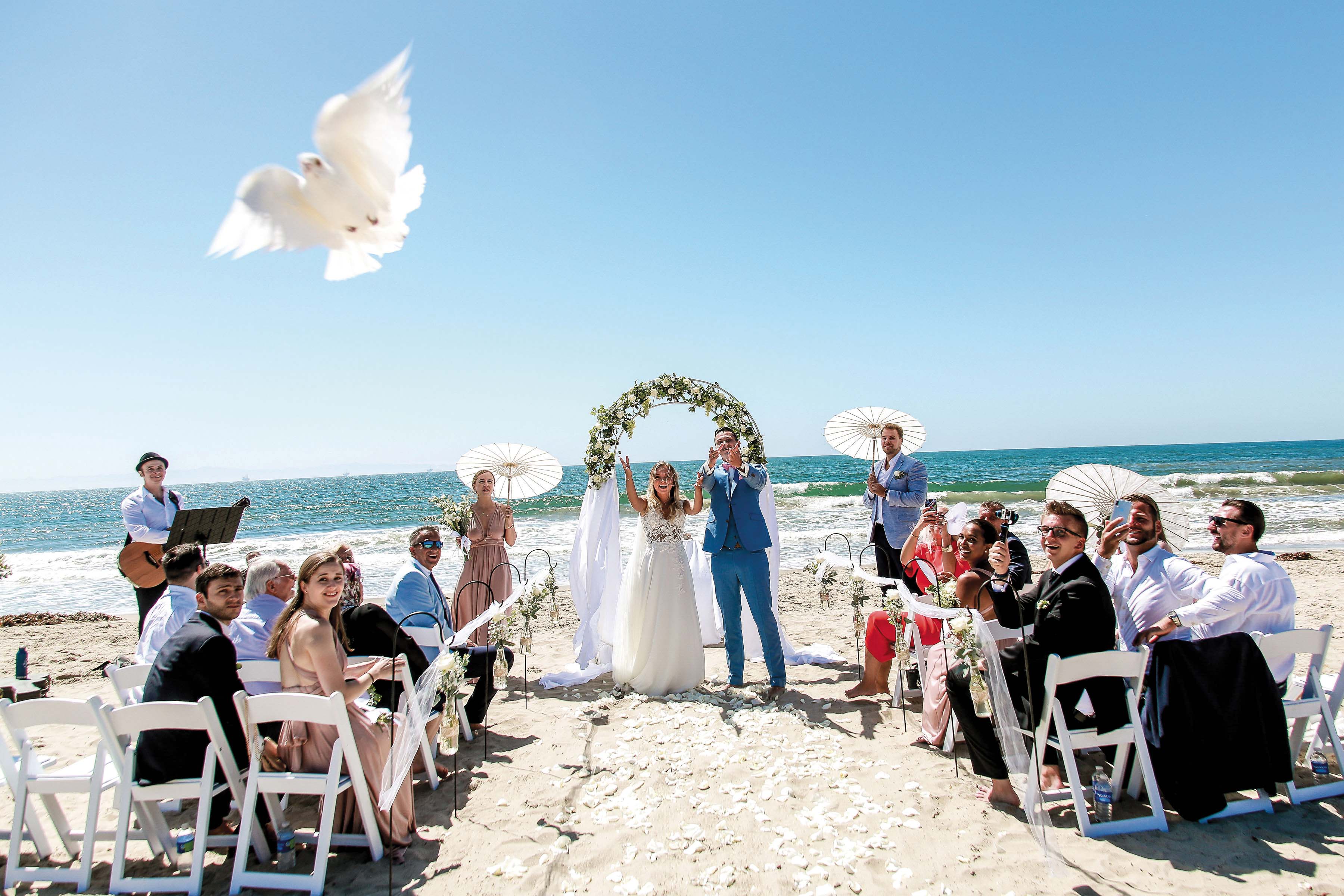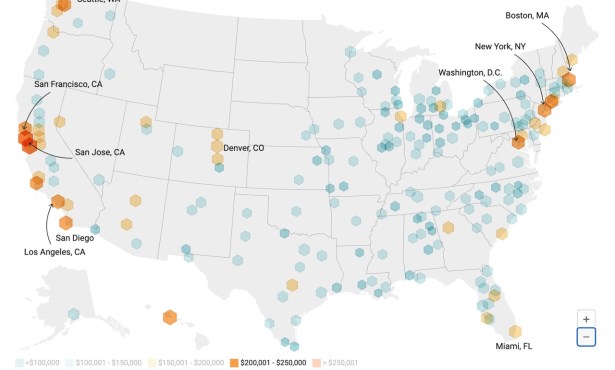With This Policy, I Thee Insure
Wedding Insurance Covers Everything from Guest Injuries to Venue Disasters

With all the time and expense that goes into the average American wedding (several months and around $30,000), wedding insurance may be a smart way to protect your investment. Policies cover damages that can happen that day, like if someone slips and falls on the dance floor or backs their car into the rustic barn where you said, “I do.” They can also keep you from losing your payments and deposits if unforeseen incidents force you to cancel or postpone. Imagine, for instance, that your Santa Barbara nuptials were planned for January 13th, 2018 — a few days after the Montecito debris flow turned Highway 101 into an impassible mud plain. You can’t make it to your venue, or worse, the venue has been destroyed.
There are two types of wedding insurance: wedding liability insurance and cancellation/postponement insurance. Depending on the details of the event, consider budgeting for both types of coverage.
Wedding liability insurance protects you against being financially responsible for problems that occur at your event, such as lost, damaged, or stolen gifts, equipment rentals, and property. Jewelry and the wedding gown can also be insured. Liability insurance pays medical costs for anyone injured during the wedding, and it covers the costs of vendors who don’t show up or who cancel (this also applies to photographers who lose or damage the film/files before you receive them). Often, these policies include “host liquor liability insurance,” which covers alcohol-related incidents.
Cancellation or postponement coverage reimburses you for costs if you have to cancel or change the date of your wedding due to extenuating, uncontrollable factors. This includes extreme weather, natural disaster, injury or illness in the wedding party or the couple’s immediate family, or the venue being unavailable due to accidental destruction or going out of business. Ask your insurance agent about the specifics of the policy — for instance, what kind of “extreme weather” event will they cover? Will they cover postponement if you or your partner is deployed by the military? Will they cover your honeymoon? Be sure to tell your agent about any potentially dangerous attractions at your wedding, such as fireworks or poi spinning — these unconventional items may not be covered in their policy. Be warned: Wedding insurance doesn’t cover the costs if the wedding is cancelled due to a runaway bride or groom!
Because every policy is different, it’s a good idea to talk to a professional. Be clear when talking to your agent about what you want (or need) to insure. If you’re wearing your great-great-grandmother’s sapphire tiara, make sure your policy covers that item specifically. If you know your wedding will be a wild “rager,” make sure you have a beefed-up policy to protect you from having to pay for Gary-from-work’s broken clavicle after unicycle jousting goes afoul. Many venues require proof of liability coverage by a certain date.
The best time to consider wedding insurance is when you start paying deposits. While insurance is an important consideration for people investing a hefty sum in their wedding celebration, be diligent in your policy review so you don’t over-insure (or double-insure) yourself. Ask the venue what they cover as part of the rental agreement, and check to see what’s already taken care of by your other insurance policies — you may have certain items covered by your homeowner’s policy. The pricing for wedding insurance is reasonable, running on average between $200-$500 for $1 million–$2 million in coverage. The price will be dependent on the number of guests expected at your event and the limit on your policy.
Weddings can be stressful, expensive milestones. Budgeting for wedding insurance can ensure, even if everything goes according to plan on the big day, peace of mind.


